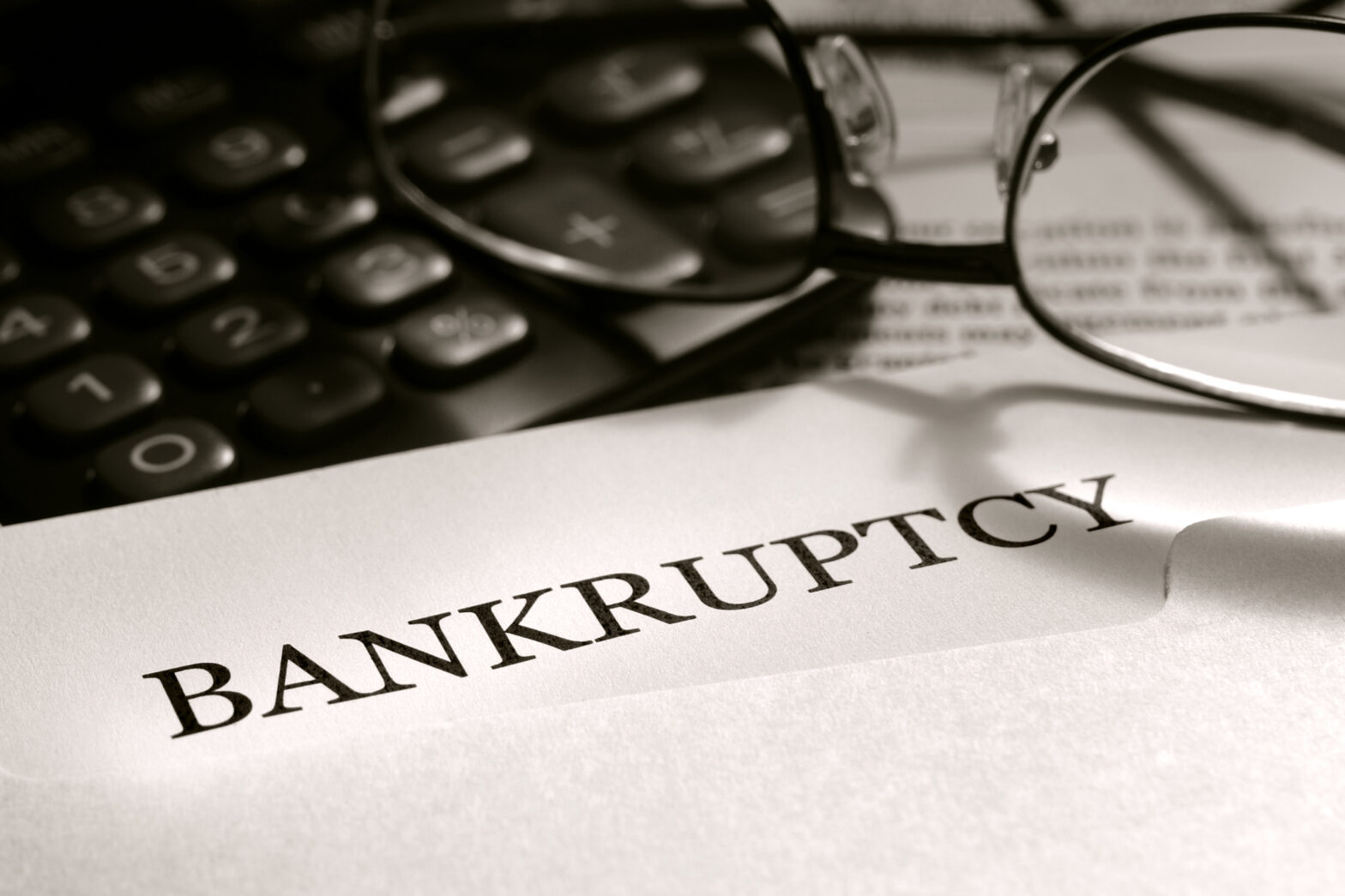However, not every region is in the clear. Figures show that business failures are still increasing in the North East, Scotland and Northern Ireland.
If your business fails and you have existing debts, you too could end up confronting the prospect of personal insolvency. If you find yourself in such a situation, you need to be fully aware of the options available to you and your liabilities.
This quick guide, made with help from Mark Davis of Piggy Bankrupt, should help to clarify the key distinction between an IVA and bankruptcy.
While many small business owners choose limited company status that will offer them less financial liability by establishing a separate legal entity, sole traders and partners are personally liable for their business debts.
However, because shareholders of a limited company are only liable to the nominal value of the shares that they hold, proprietors or directors of a company will usually be expected to sign personal guarantees if the balance sheet is not strong enough to cover the risk posed to the creditor. As such, should the company become insolvent, the creditor can turn to the proprietor to recover their monies.
While bankruptcy is one way of dealing with debts that cannot be paid, it is a very serious matter. An Individual Voluntary Arrangement (IVA) is one formal alternative that has less consequence and may be more suitable for someone wishing to remain in business.
So, what is bankruptcy and what is an IVA?
Due to the Enterprise Act 2002, through bankruptcy, an indebted individual is freed from their debts within 12 months of the bankruptcy order being made. During that period the bankruptcy is investigated, bankruptcy restrictions apply and assets are dealt with.
An IVA is a legally binding agreement between the individual and creditors to repay a percentage of the total amount owed. Monthly payments are typically made for five years, or a lump sum settlement is reached, after which time the individual is cleared of all debts.
Both an IVA and bankruptcy are intended to maximise the return to the creditors and give the indebted individual an opportunity for a fresh start, albeit some way down the road. They both have benefits and consequences.
– For a sole trader, bankruptcy will certainly mean the closure of any business and dismissal of any employees. Through an IVA, business continuity can be achieved. There is nothing stopping a bankrupt starting another business, however, consideration to bankruptcy restrictions must be given.
– A bankrupt cannot be a director of a limited company. By contrast, an IVA does not prohibit an individual from being a director.
– Bankrupts cannot borrow more than £500 without informing the lender of the bankruptcy. Through an IVA, applying for unsecured credit will probably be prohibited.
– A bankrupt cannot trade under a different name in business without informing those with whom business is conducted of the trading name used when the bankruptcy order was made. Through an IVA, you carry on in business using any trading name.
– Bankruptcy may involve the loss of one’s house and assets of significant value. Through an IVA, equity release may be expected but the house will remain with the owner.
– Certain professions prohibit bankrupts. An IVA has no effect on an individual’s employment status.
– An income payments agreement or an income payments order will commit a bankrupt to contribute to their bankruptcy estate, should their surplus income allow. This will be for a three-year period. An IVA will usually be for a period of five years and the monthly payment is a matter to be agreed with the creditors. Calculations will normally follow a similar method used for calculating the amount you would pay through an income payments agreement in bankruptcy.
– Both bankruptcy and an IVA remain on the credit file for six years. Applying for a mortgage, even after the six-year period, can be difficult with a history of bankruptcy. During the mortgage application process, applicants are usually asked if a bankruptcy order has ever been made against them. As a result, a mortgage will be more difficult to obtain and will certainly cost more.
– Both offer protection from creditors. They will no longer be allowed to chase for outstanding balances.
Choosing between bankruptcy and an IVA is not always easy and neither should be taken lightly. Careful consideration should be given to personal objectives, business objectives and the financial position of the individual and the foreseeable future of any existing business.
See also: Can I open a business bank account after bankruptcy? – Having a business go bankrupt is a calamity for any owner-manager. But that doesn’t mean you cannot still have a bank account





